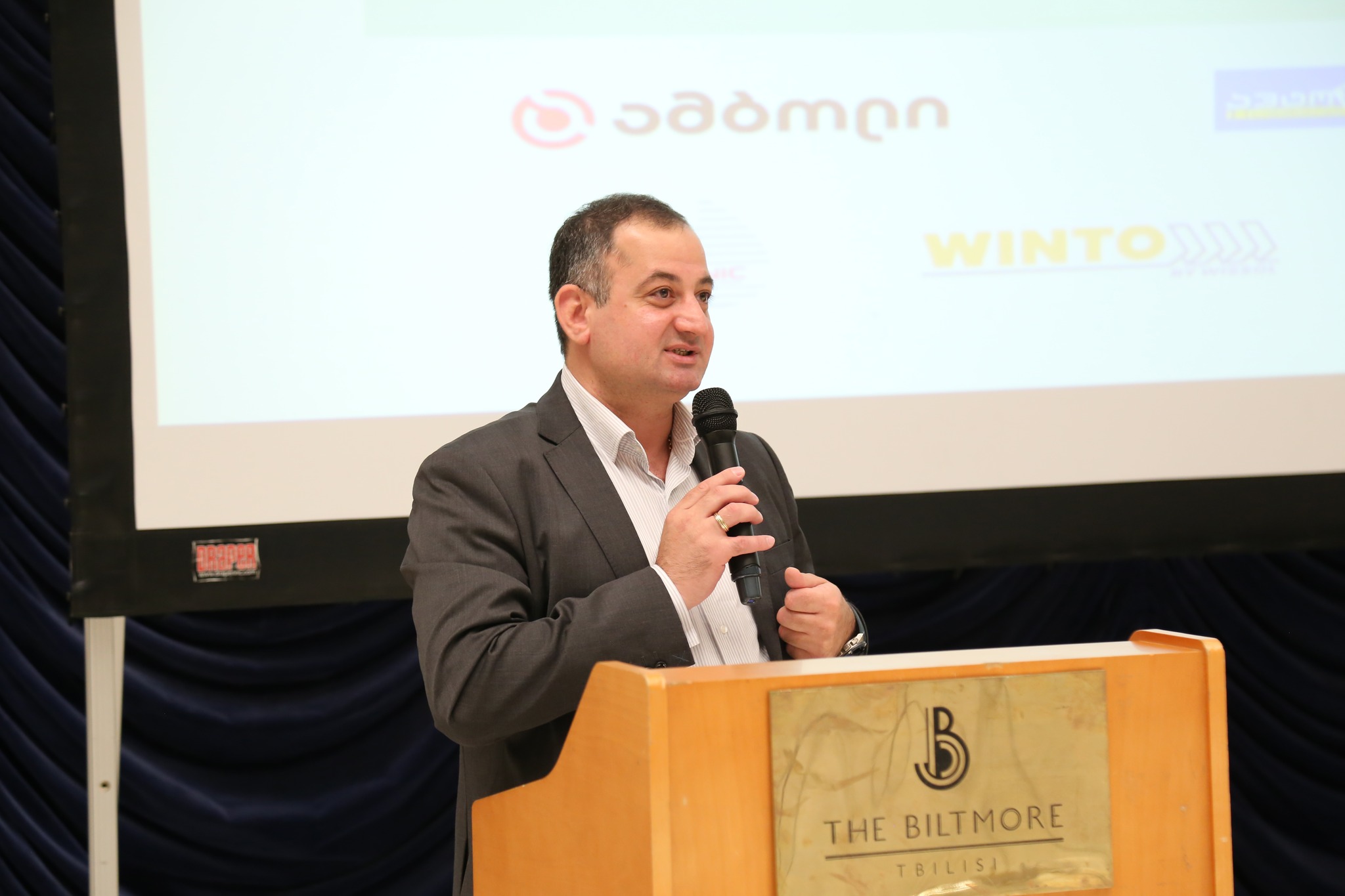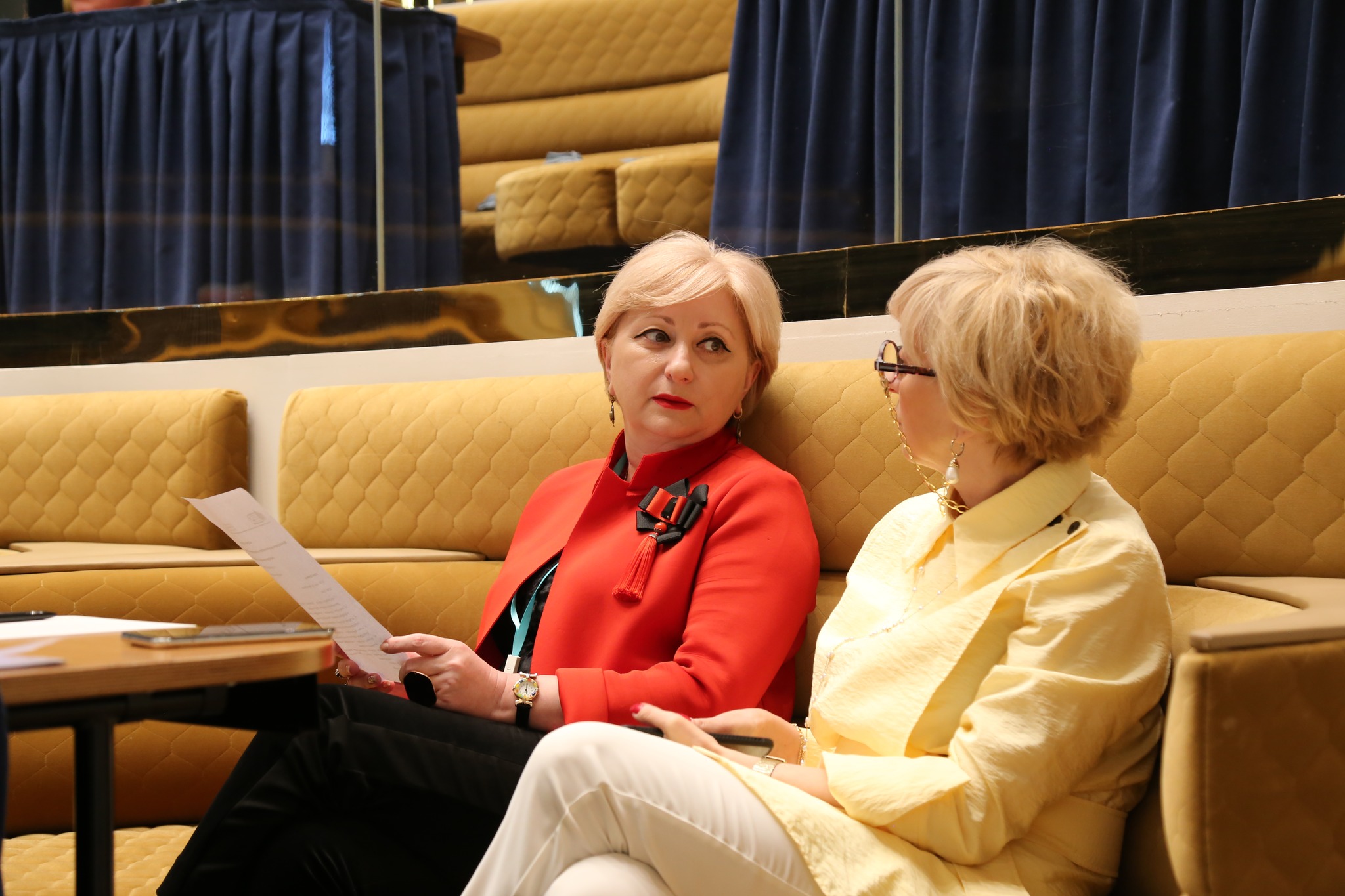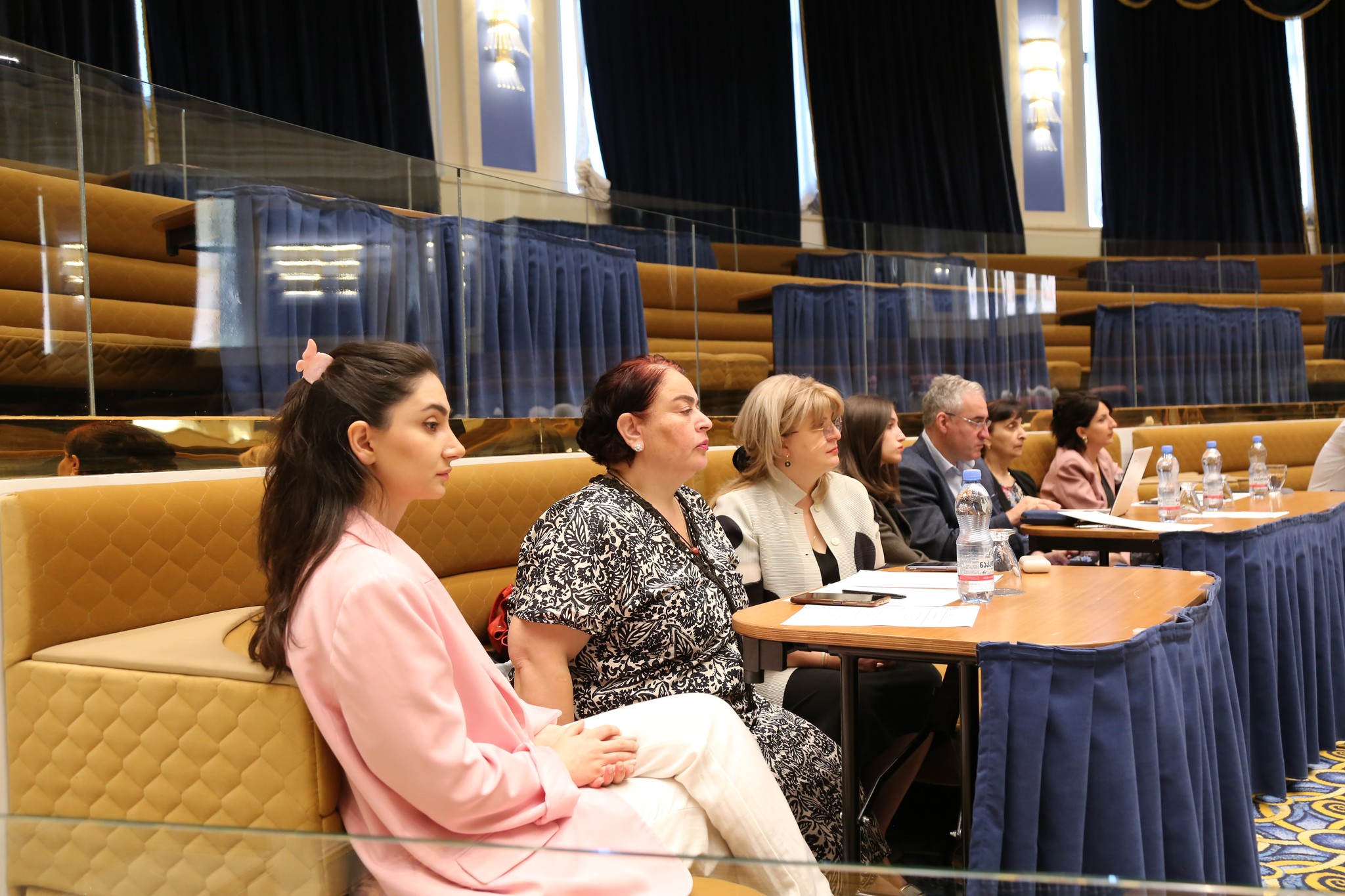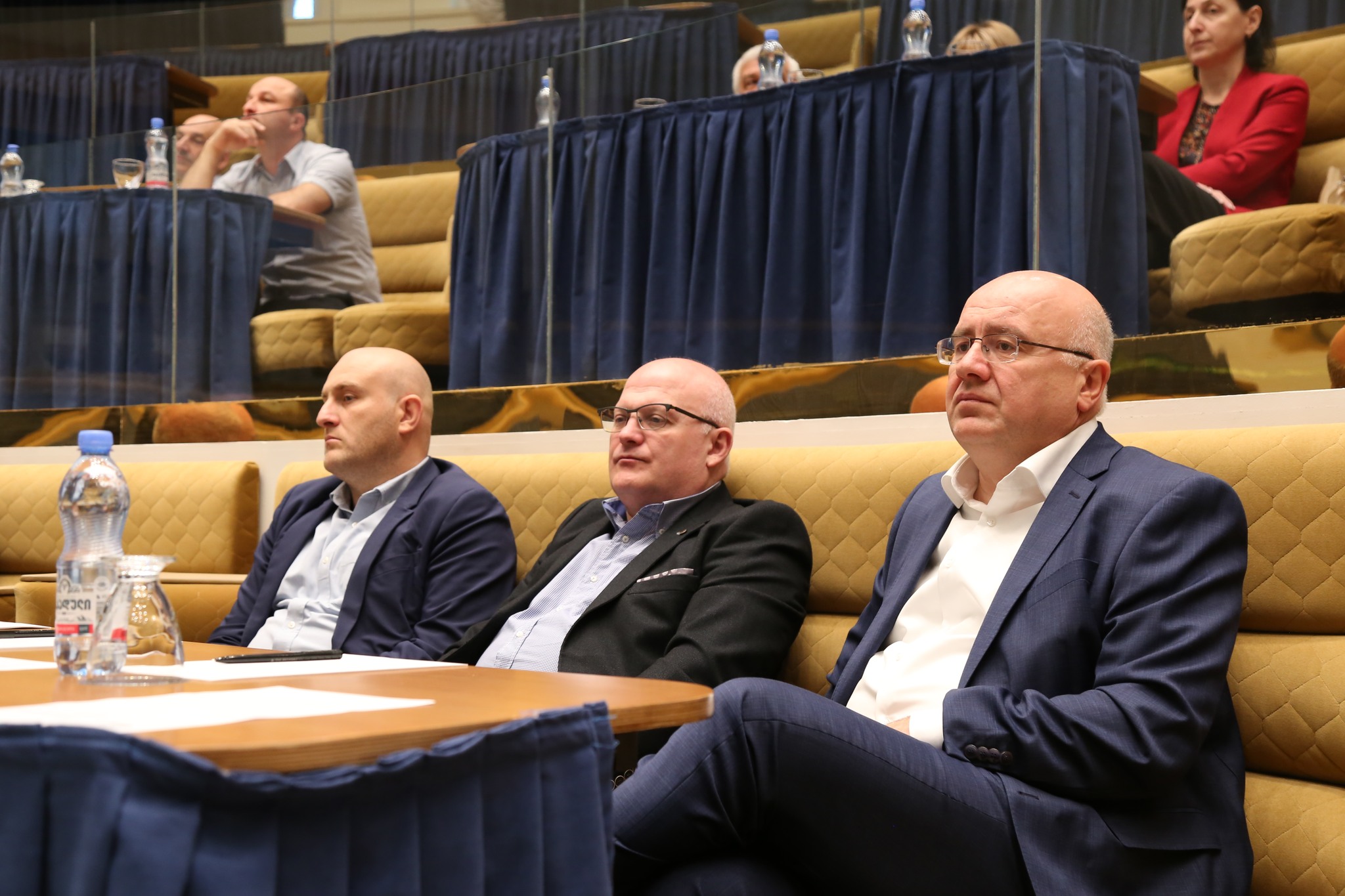News
Solomon Pavliashvili meets the representatives of organizations subject to Extended Producer Responsibility (EPR).
During the meeting, Mr. Pavliashvili, Deputy Minister of Environmental Protection and Agriculture, reviewed issues concerning the implementation of EPR and current challenges.
The Deputy Minister positively assessed the activities and the results achieved in implementing the EPR and expressed his willingness to support the representatives of the organizations in overcoming the existing challenges.
''The companies subject to EPR are willing to accept responsibility, and state assistance and donor attraction are crucial in this respect. This is the first year, and we are confident that with the assistance of the government of Georgia and non-governmental organizations, we will be able to enhance the outcomes even more next year,'' noted Mr. Solomon Pavliashvili
According to Vano Mtvralashvili, Executive Director of the Waste Management Association, the results from fulfilling the extended producer responsibility will be improved even more by the end of this year. Working strategically and actively involving organizations in creating the processing industry is required to accomplish the plans of the EPR organizations.
Representatives of the Ministry of Environmental Protection and Agriculture Services attended the meeting.
Manufacturers of products subject to extended producer responsibility will face new requirements from 2022, including registration in the EPR electronic register, participation/membership in the EPR organization, and commitment to further waste management of imported products. Furthermore, distributors of EPR-compliant products are prohibited from placing on the market products supplied by producers who are not registered in the EPR registry and are not members of the EPR organization.



